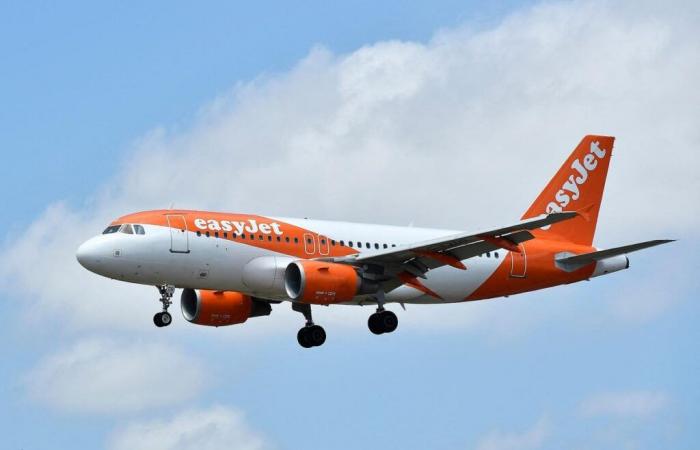After the announcement of Ryanair's departure from Bordeaux – Mérignac airport, other airlines took the opportunity to step into the breach. The low-cost airline has left behind 40 destinations, including 22 exclusive ones. An unexpected blow for the largest airport in the Nouvelle-Aquitaine region. But since this summer, not a month has gone by without a competing company announcing new destinations from Bordeaux.
In this race, EasyJet, the first airline on the Bordeaux platform, already had a head start. She was the first to announce the resumption of several lines and a “strengthening of the partnership” with the airport, barely a month after the departure of her rival. Behind, Transavia France, a subsidiary of Air France – KLM, also reacted, by opening six new routes and positioning an aircraft based in Bordeaux this winter. A boon for the airport. Volotea has also opened new destinations for summer 2025. Vueling has doubled its offer for winter. Other companies, such as Aer Lingus or Air Arabia, are also benefiting from it.
Faced with the void left by the Irish company, negotiations had to be resumed quickly. Especially since the Bordeaux-Mérignac Airport Company is economically dependent on its operating income (aeronautical taxes, commercial income, etc.). “It was a rare and unexpected decision, which surprised everyone. We had to educate other companies, reassure them, then identify priority destinations and make proposals, based on each person's strategy,” explains Cyrielle Clément, responsible for developing lines at Bordeaux airport.
Strong competition
The race is on. “The companies understood that they had a real opportunity for growth on the French market. Bordeaux is an attractive market, known internationally, with export and import traffic, as well as a strong leisure component. It’s a growth driver. Obviously, they compete on several lines. But they share the market according to their development vision, their organizational capacity, their fleet and the airports where their planes are based. They want to avoid flights where the occupancy rate would be low, for example,” analyzes Olivier de Marolles, consultant at Aerogestion, a strategy consulting firm for airlines.
“This competition is quite logical. When one major player leaves, others arrive. We are used to other airports. But given the size of the market in Bordeaux, there is room for everyone,” assures Nicolas Hénin, commercial director of Transavia France. The most popular destinations were quickly taken by storm: Rome, Faro, Porto, Seville, Marrakech, Istanbul, Malta, Marseille… “The first to position themselves obtain the desired time slots and can discourage others from opening a line on the same destination. For our part, we want to avoid oversupply on the same line,” continues Cyrielle Clément.
The airport does not make decisions
Despite all the recent announcements, however, this is not enough to fill the hole left by Ryanair. “The cumulative offer of low-cost airlines should reduce by 900 flights during the 2024 winter season compared to the 2023 season, on the one hand, and by 3,100 flights during the 2025 summer season, compared to 2024,” explains Olivier de Marolles. “As the announcement of their departure was made late, just before summer, this did not facilitate the replacement of the lines by other companies, because their winter program was already well advanced,” recalls Cyrielle Clément.
The airport does not decide on the choice of destinations. These are the companies that position themselves, based on opportunities and their ability to provide connections. “Bordeaux airport, unlike Nantes or Lyon for example, is not coordinated, which means that companies are free to choose their schedules. This is an advantage for the Gironde platform,” assures Olivier de Marolles. The airport would like them to position themselves in highly demanded destinations: Edinburgh, London, New York, Vienna, Budapest, Prague, Scandinavia, Martinique or Reunion.
But in a context of uncertainty linked to shortages of aircraft, maintenance and threats of government taxes, companies are moving cautiously. And in Bordeaux, the expected report on noise pollution, with possible restrictions on flights or types of aircraft, is being scrutinized very closely by the companies based there.






